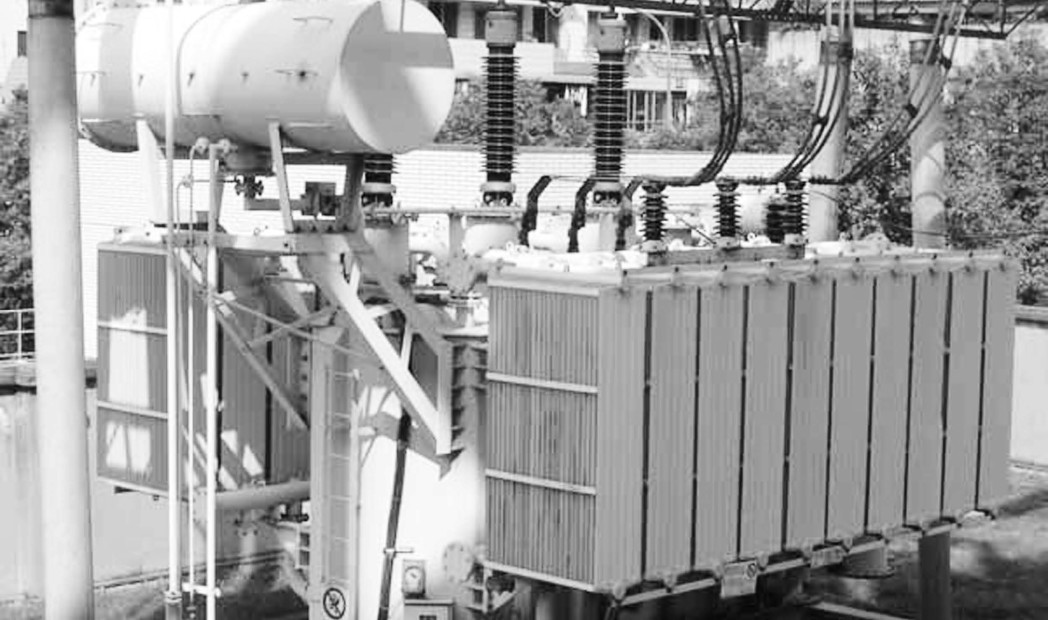- Discos Disconnect 1,205 Premises Under High-tension Power Lines
Between June 2018 and January this year, power distribution companies have disconnected a total of 1,205 premises that were constructed under high-tension power lines across the country, the Nigerian Electricity Management Services Agency announced on Thursday.
NEMSA said the disconnection was as a result of its directive to the Discos to disconnect the premises or the firms would be held liable should electrical accidents occur in the premises, buildings or structures located under or within the right-of-way of power lines and which the Discos were supplying electricity to.
It added that Discos that failed to comply with the directive would be sanctioned.
An analysis of a document on the disconnections made by the Discos, which was obtained by our correspondent from the agency in Abuja, showed that Ibadan Disco had effected the highest number of disconnections, as it disconnected 607 premises.
Port Harcourt, Ikeja, Jos and Benin Discos had disconnected 352, 100, 99 and 74 premises respectively during the period under review.
While Kano Disco disconnected only two premises, Abuja, Enugu, Eko and Yola Discos disconnected no building during the period, based on data stated by NEMSA in the document.
Commenting on the development, the Managing Director, NEMSA, Peter Ewesor, said, “We’ve been shouting about right-of-way issues, which has increased the level of electrical accidents and electrocution nationwide. We’ve issued an enforcement order, which starts with first, disconnect anybody, either factory, residential houses, or other structures that are within the right-of-way of 330kV or 132kV power lines.
“It is important to remove such structures, but you have to disconnect them first and the eventual thing is that at the highest level, such structures must be relocated. So, it is no longer permitted for anybody to construct any structure on the right-of-way of such installations and have the structure connected.”
He said the order to Discos had become effective and the power firms had been disconnecting people who were under high-tension lines in order to make them move.
Ewesor added, “But you know it is always difficult for people to move. However, we have been making people know the consequences of such acts through our media programmes. As a result of this order on the disconnection of premises under power lines, I want to tell you that as of today, the Discos have disconnected 1,205 premises from the time the order came into effect, which I think was since around June 2018.
“The disconnection exercise is still going on and we’ve noticed that there are attempts by some people to reconnect but our men and the Discos are always going round to monitor and ensure that it does not happen. Because the loss of a soul cannot be quantified and so we are taking it seriously in order to keep our citizens safe from electrocution.”

 Forex3 weeks ago
Forex3 weeks ago
 Naira2 weeks ago
Naira2 weeks ago
 Billionaire Watch2 weeks ago
Billionaire Watch2 weeks ago



 Naira3 weeks ago
Naira3 weeks ago






 Naira2 weeks ago
Naira2 weeks ago




 Naira1 week ago
Naira1 week ago




 Naira4 weeks ago
Naira4 weeks ago






 Naira1 week ago
Naira1 week ago




















